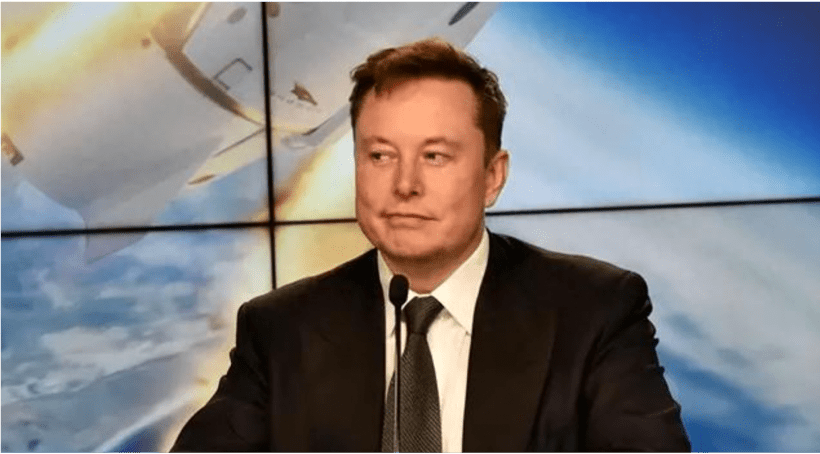
The tetraprism lens with 5x optical zoom currently exclusive to the iPhone 15 Pro Max could be headed to both the iPhone 16 Pro and iPhone 16 Pro Max, narrowing the gap between Apple's premium flagships.
That's according to a new report from analyst Ming-Chi Kuo, who cites a recent earnings call with Apple lens supplier Largan. In the call, a spokesperson from Largan said "some flagship specifications will be extended to other models" in the second half of 2024, presumably in reference to the upcoming iPhone Pro models.
"Apple is Largan’s largest customer, and Largan is also Apple’s largest lens supplier," Kuo said. "Therefore, the quote likely refers to the fact that the new iPhone 16 Pro and Pro Max will have a tetraprism camera in 2H24 (while only the iPhone 15 Pro Max had this camera in 2H23).”
The report goes on to say that the tetraprism camera for the iPhone 16 Pro series won't be all that different from the one in the iPhone 15 Pro Max. While the lack of an upgrade is disappointing, it's not necessarily a bad thing as these kinds of lenses are already top-of-the-line. They represent a major increase over prior models’ zoom capabilities, and they're capable of offering more depth while still fitting into super-slim smartphones. That being said, Apple does appear to be revamping the main camera and ultra-wide camera on the iPhone 16 Pro Max.
Evidence continues to mount that both iPhone 16 Pro models will share the same 5x optical zoom camera. Earlier this week, DigitTimes in Asia (via 9to5Mac) reported that Apple is set to ramp up orders for tetraprism lenses as it expands their use in its upcoming iPhone series. Industry sources told the outlet that Largan and Genius Electronic Optical were tapped as the primary suppliers.
Apple would be wise to streamline its Pro-level iPhones with the same camera setup; then all customers have to consider with their choice of a new iPhone is the size and price. Of course, this should all be taken with a grain of sand for now until we hear more from Apple. It's still a while yet before Apple's usual September time window for iPhone launches. In the meantime, be sure to check out all the rumors so far in our iPhone 16, iPhone 16 Pro and iPhone 16 Pro Max hubs.




